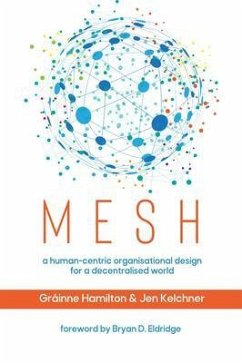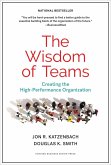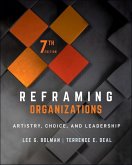A compass for navigating decentralisation.
Within the digital revolution, every organisation has become a technology organisation. It is almost impossible for an organisation to avoid the use of digital technologies in some form or another, with digital technologies having a significant impact on how organisations work, learn and connect.
To date, traditional work models have focused on centralisation, vertically drawn hierarchies, and on-prem/geographic proximity-based workers. In total, these attributes simply are not well-suited for the increasingly remote and gig-based workforce of the 4th Industrial revolution that is unfolding in real-time.
To effectively pivot and embrace the potential and flexibility of decentralisation, organisations must change how they design their cultures and structures to prime for Web3. While the teams that manage and implement technology often adopt open cultural practices to aid rapid development and deployment, the open, transparent and decentralised nature of Web3 technologies, moves the need for open practices beyond the realm of technology teams to the whole organisation.
This book addresses the opportunities and challenges of the emerging era. It proposes an organisational design built around an open, regenerative culture and empowered by a granular, mesh structure that is primed for navigating Web3 technology. It provides an exhaustive framework that is understandable - and more importantly, implementable. Complete with a conceptual model and method to enable systems thinking and vantage points for considering the whole organisation, the book provides tools and practices to help organisations implement a human-centric organisational design for a decentralised world.
Authors Gráinne Hamilton and Jen Kelchner are systems thinkers and bridgemakers who help organisations transform - catalysing human-centricity to empower a connected decentralised world.
Within the digital revolution, every organisation has become a technology organisation. It is almost impossible for an organisation to avoid the use of digital technologies in some form or another, with digital technologies having a significant impact on how organisations work, learn and connect.
To date, traditional work models have focused on centralisation, vertically drawn hierarchies, and on-prem/geographic proximity-based workers. In total, these attributes simply are not well-suited for the increasingly remote and gig-based workforce of the 4th Industrial revolution that is unfolding in real-time.
To effectively pivot and embrace the potential and flexibility of decentralisation, organisations must change how they design their cultures and structures to prime for Web3. While the teams that manage and implement technology often adopt open cultural practices to aid rapid development and deployment, the open, transparent and decentralised nature of Web3 technologies, moves the need for open practices beyond the realm of technology teams to the whole organisation.
This book addresses the opportunities and challenges of the emerging era. It proposes an organisational design built around an open, regenerative culture and empowered by a granular, mesh structure that is primed for navigating Web3 technology. It provides an exhaustive framework that is understandable - and more importantly, implementable. Complete with a conceptual model and method to enable systems thinking and vantage points for considering the whole organisation, the book provides tools and practices to help organisations implement a human-centric organisational design for a decentralised world.
Authors Gráinne Hamilton and Jen Kelchner are systems thinkers and bridgemakers who help organisations transform - catalysing human-centricity to empower a connected decentralised world.
Dieser Download kann aus rechtlichen Gründen nur mit Rechnungsadresse in A, D ausgeliefert werden.









